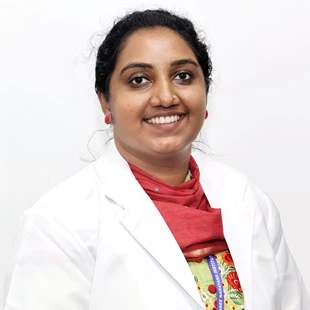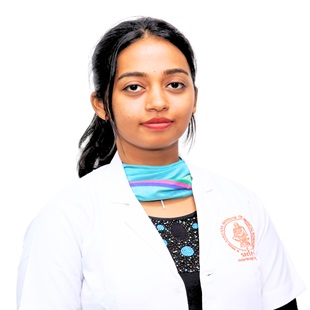MICROBIOLOGY
Medical Microbiology is a branch of medicine concerned with the prevention, diagnosis and treatment of infectious diseases. In addition, this field of science studies various clinical applications of microbes for the improvement of health. There are four kinds of microorganisms that cause infectious disease: bacteria, fungi, parasites and viruses and one type of infectious protein called a prion.
A medical microbiologist studies the characteristics of pathogens, their modes of transmission, mechanisms of infection and growth.helping in identification of pathogens and suggesting treatment options. Other tasks may include the identification of potential health risks to the community or monitoring the evolution of potentially virulent or resistant strains of microbes, educating the community and assisting in the design of health practices. They may also assist in preventing or controlling epidemics and outbreaks of disease.
The Mycology Unit provides a definitive identification service on fungi and yeasts isolated from patient samples. Diagnosis of intestinal parasites is confirmed by the recovery of protozoan trophozoites and cysts, helminth eggs and larvae in the clinical parasitology laboratory. Microscopic examination of faeces is essential for the recognition and identification of intestinal parasites.
Serology is the scientific study of serum and other body fluids. In practice, the term usually refers to the diagnostic identification of antibodies in the serum. Such antibodies are typically formed in response to an infection (against a given microorganism), against other foreign proteins (in response, for example, to a mismatched blood transfusion), or to one's own proteins (in instances of autoimmune disease). Serological tests may be performed for diagnostic purposes when an infection is suspected, in rheumatic illnesses, and in many other situations, such as checking an individual's blood type. Serology blood tests help to diagnose patients with certain immune deficiencies associated with the lack of antibodies, such as X-linked agammaglobulinemia. In such cases, tests for antibodies will be consistently negative. There are several serology techniques that can be used depending on the antibodies being studied. These include: ELISA, agglutination, precipitation, complement-fixation, and fluorescent antibodies.
Immunology and serology is an advanced science dealing with how the human immune system organized, function and the different types of serological techniques. It is a very vast subject covering a wide area of technology.
The Prime aim of the Dept.of Microbiology is to make the Medical students aware of the science of microbes and empower them with the art of diagnosing and treating infectious diseases. In addition to undergraduate teaching the department concentrates on the detection and identification of infectious agents in the laboratory section followed by determination of susceptibility to Antimicrobial agents. More than 18000 serology tests and 17500 Bacterial culture and sensitivity are performed annually. We have separate Bacteriology, Mycobacteriology, Serology and Mycology sections in the laboratory.
Department of Microbiology was established in year 2009 with late Dr. S. Ganeshan as the Head of the department and Dr.Jose P Augustine, Dr. Anoop Sinha, Dr. Tandra Chadha as faculty members.
Presently the department is headed by Professor Dr. Jose P Augustine. The other faculty members include Dr. Regha I.R(Professor), Dr. Deepa H(Associate Professor), Dr. Anooja P M(Assistant Professor), Dr. Arun Prasad H(Tutor), Dr. Aswathi C R(Tutor), Dr. Gokul Anil Kumar (Tutor), Dr. Paul Therattil(Tutor).
Medical Microbiology deals with diagnosis of infectious diseases and detection of autoimmune and immunodeficiency conditions. The department of microbiology offers diagnostic laboratory services to the patients. The department also handles various academic programs on microbiology. We have separate Bacteriology, Virology, Mycology, Serology, Immunology, Parasitology and Mycobacteriology (Tuberculosis) section in the laboratory. The department also conducts routine surveillance for infection control measures in various high risk areas like intensive care unit (Cardiology, Medical, Surgical & Pediatric) dialysis unit, OT complex and other hospital premises. Our Molecular Diagnostic Lab has been assessed and accredited in accordance with the standard ISO 15189:2012 by NABL. The aim of department of microbiology of SNIMS is to provide quality training to students and accurate microbiology diagnostic services to aid and guide clinicians in the appropriate management of infectious diseases.
DIAGNOSTIC SERCVICE AND SPECIALITY LABS
- All routine diagnostic service in
- Bacteriology
- Serology
- Immunology
- Parasitology
- Mycology
- Mycobacteriology (Tuberculosis)
- Virology
- Molecular Diagnostic Lab equipped to perform RT PCR










